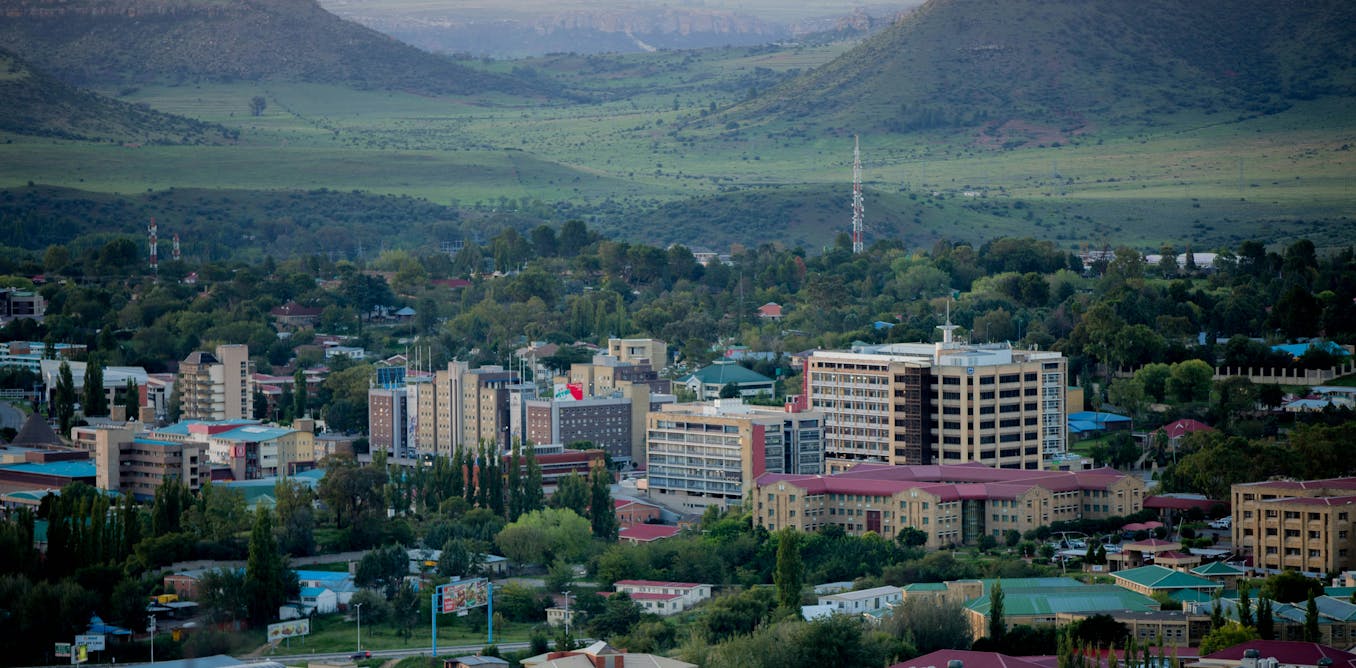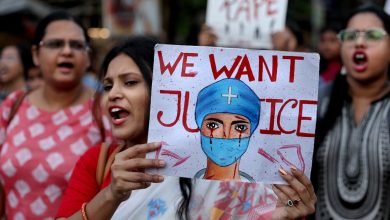Lesotho needs constitutional reforms to help gain political stability – but the latest attempt is flawed

مجلة المذنب نت متابعات عالمية:
Lesotho, a small country landlocked by South Africa, has been struggling to make constitutional reforms since the advent of coalition politics in 2012. It needs the reforms to address political instability which has been a feature of the country for more than five decades.
The judiciary, security agencies and civil service have been
politicised, resulting in the institutions being abused for political ends, stoking recurrent instability.
The reform project has encountered many headwinds. High government turnover amid unstable governing coalitions, the reform processes being declared invalid numerous times by the judiciary, and a sheer lack of political will are just a few.
The current administration, in power since 2022, is taking a new stab at it. The national assembly is debating the bills intended to amend the constitution. The Southern African Development Community (SADC) has hailed this as “a positive development”.
But as a constitutional law researcher who has published widely on the constitutional developments in Lesotho, I argue that the current approach to constitutional amendment is only intended to ward off the current pressure to pass reforms. It may not cure the longstanding constitutional problems in the country.
The approach has two features. Firstly, the reforms process is now almost exclusively led by the government. This will enable the government to have only its views, and those it agrees with, being enacted as national reforms.
Secondly, it breaks the constitution into three separate amendments. This dismembers the constitution. The court of appeal has already warned against that, saying the sections of the constitution, regardless of how they are amendable, belong to a single basic structure.
Fits and starts
The reform attempts have been in fits and starts. The most decisive step was in 2022 when parliament, on the eve of its dissolution ahead of elections, passed a raft of reforms known as the omnibus bill. This resulted in the 10th amendment to the constitution.
However, parliament didn’t follow the amendment procedures set by the constitution. The Court of Appeal in turn declared the reforms invalid. The process was restarted after the 2022 elections, overseen by the SADC Panel of Elders led by former Tanzanian president Jakaya Kikwete.
New attempt at reform
With the support of the SADC, the current coalition government, led by Prime Minister Sam Matekane, has broken the constitutional reforms into three sets:
-
Changes requiring a simple majority in parliament to pass: These are amendments that either introduce new provisions to the constitution, or alter provisions of the constitution that are not entrenched. These include sections such as changing the number of official languages. Government can pass this set alone.
-
Changes requiring a two-thirds majority: Section 85 of the constitution protects certain provisions by requiring a minimum two-thirds majority of the two houses of parliament. These provisions include the structure and workings of parliament, among others. The present government lacks this majority. It needs opposition support to pass this set.
-
Changes requiring a referendum: These are provisions that require a vote of electors before enactment, such as changes to the monarch and the bill of rights. They can only be changed by consensus across all sectors of society, not just in parliament. There is no plan at present to move ahead with this set of amendments.
The idea of the three-part approach is to speed up reforms amid immense international and local pressure as it circumvents the many procedural hurdles in amending entrenched provisions.
But I see problems with it.
Stakeholders left out
The National Reforms Authority, established by an act of parliament in 2019, was disbanded in 2022 by the government of the former prime minister, Moeketsi Majoro.
The reforms authority was not a perfect model. It was dominated by politicians and was criticised for not following proper constitution-making processes. But at least it gave the reform project some legitimacy because it represented a variety of stakeholders. It even relied on public consultations reports produced by its predecessor, the National Dialogue Planning Committee.
In the new approach reforms are led by the government. Previous governments were warned against a government-led approach to reforms as it alienates other stakeholders.
The ultimate purpose of these reforms is to change governance in Lesotho, which is characterised by unchecked exercise of executive power. It’s unlikely that a government will reform itself.
There are political elites – in government and the opposition – who are against fundamental changes. They believe in continuing the current Westminster design with only minimal changes. The problem with the Westminster system in Lesotho (a constitutional monarchy) is that the monarch’s powers have drifted to the prime minister, who exercises them for political ends. This has been at the centre of political instability.
Piecemeal approach
The government has evidently rejected calls to totally overhaul the constitution and replace it with a new one. Instead, it has chosen piecemeal amendments.
The government reckons it can easily pass the simple majority amendments and easily negotiate with the opposition to secure support for passing the two-thirds amendments. Then, perhaps in future, consider the amendments requiring a referendum.
This is a flawed attempt to deal with criticism by both the high court and the court of appeal in 2022. The courts held that parliament had disregarded the rules about how to amend the constitution.
Parliament is now heading for another pitfall: dismembering the constitution. Breaking it into compartments to make it easier to amend it will kill its basic structure.
The courts have already warned the parliament against interfering with the basic structure of the constitution without the involvement of the people.
What should be done
The donor community and society in Lesotho have grown impatient with the delay in finalising the reforms. But pandering to pressures is not enough.
The ideal approach would be for the country to make the new constitution through a proper process that will culminate with the people approving the outcome in a referendum. This approach has already worked in recent constitutional changes in Africa. The most recent examples are Kenya and Zimbabwe. This approach will enable the country to reflect holistically on its treacherous constitutional development and clothe the new changes with the garb of legitimacy.
نشكركم على قراءة المنشور عبر مجلة المذنب نت, المتخصصة في التداول والعملات الرقمية والمشفرة















